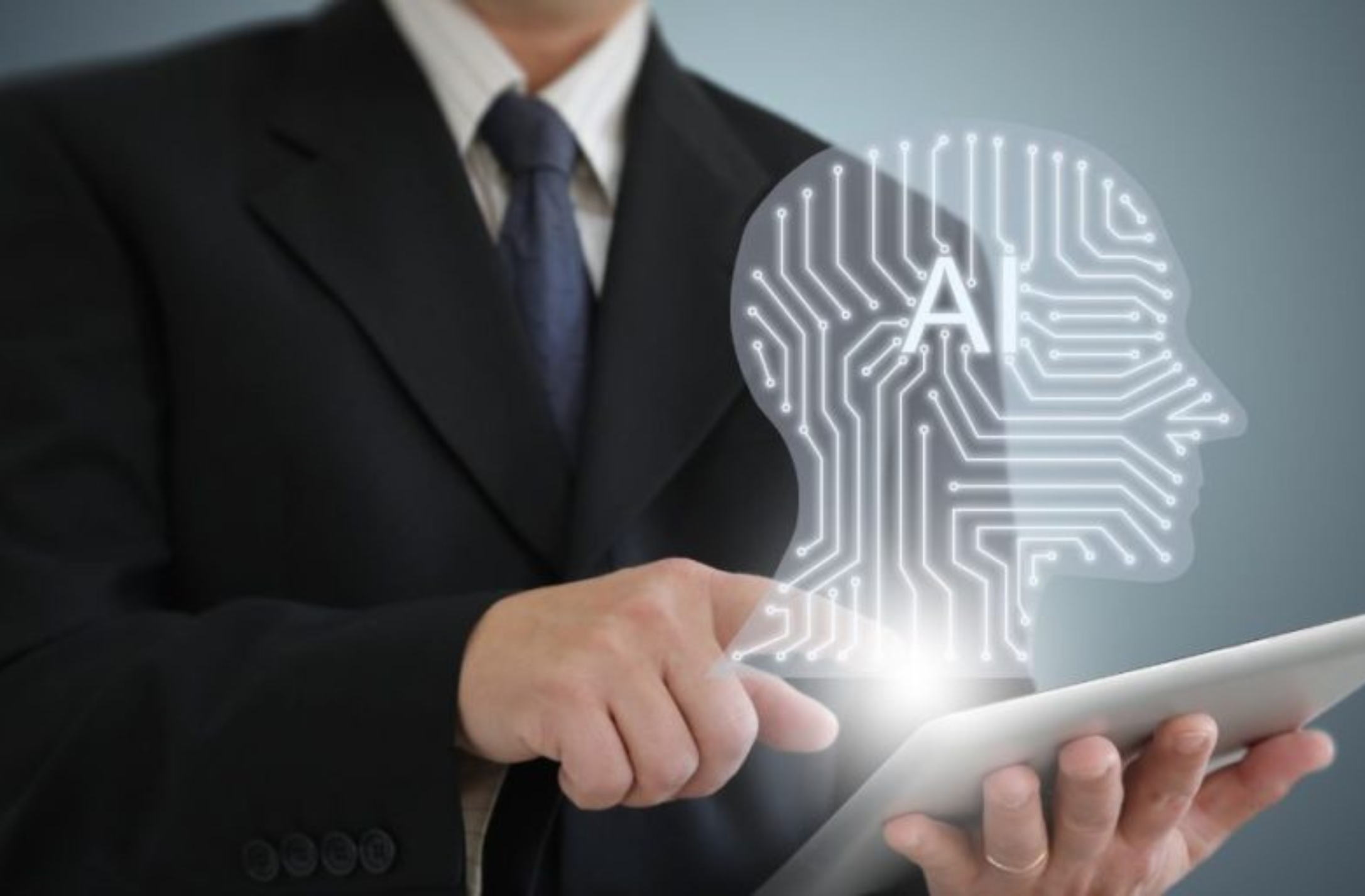
Generative Artificial Intelligence (AI) is transforming the corporate world in ways we’ve never seen before, notably in the Human Resources (HR) department. According to Gartner, 76% of HR leaders anticipate that if their organisations do not adopt AI solutions, including generative AI in human resource, within the next 12–24 months, they risk falling behind.
However, there are fears that AI could jeopardize 300 million full-time jobs worldwide, transforming the state of the in demand jobs in Singapore. Many in the HR field also predict a decrease in their department’s headcount due to the implementation of generative AI in human resource.
Thus, it’s up to HR to guide these changes and drive the adoption of AI in a manner that benefits the organisation while mitigating potential risks.
Table of Contents
How is AI Used in Human Resource?
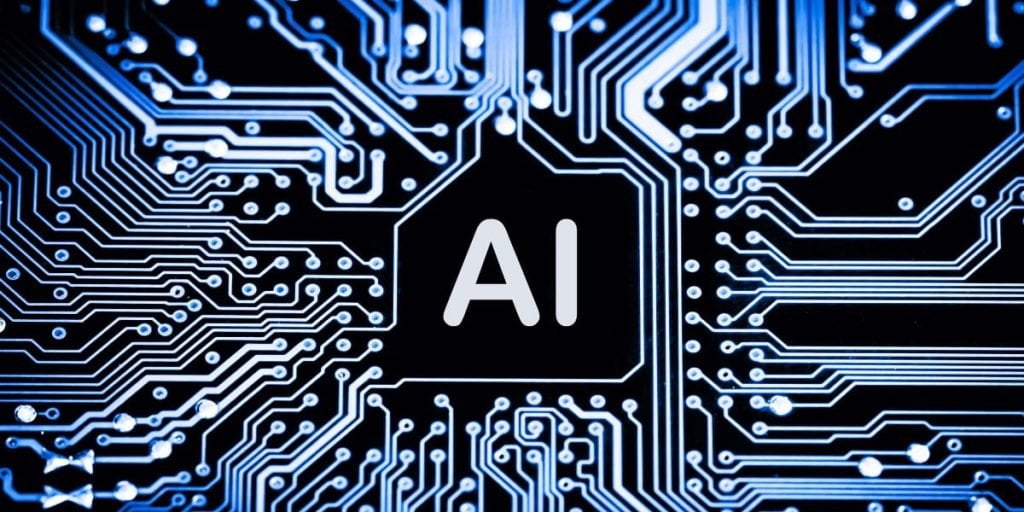
As businesses embark on digital transformation journeys, HR’s role in adopting Artificial Intelligence (AI), including Generative AI, becomes vital. AI in human resource processes goes beyond automation, enhancing HR functions to create a more efficient and productive environment.
Generative AI streamlines tasks such as recruitment, onboarding, employee engagement, performance management, and payroll processing. For example, AI can automate resume screening, create an ideal candidate profile and reducing hiring bias. AI-powered chatbots assist new employees during onboarding, ensuring a smooth transition.
AI also personalizes communication and support, analyzing employee feedback to provide insights into morale and areas needing attention. Performance management becomes data-driven, with AI offering real-time feedback and identifying trends for additional training or support.
However, this transition presents challenges. Empathy is crucial; HR leaders should lead with compassion and understanding. Effective communication about the changes AI in human resource processes will bring, along with transparency and open dialogue, can alleviate concerns and anxieties.
Also Read: AI in Banking and Finance: Learn How’s AI Changing the Industry
The Benefits of Employing Generative AI in HR Processes
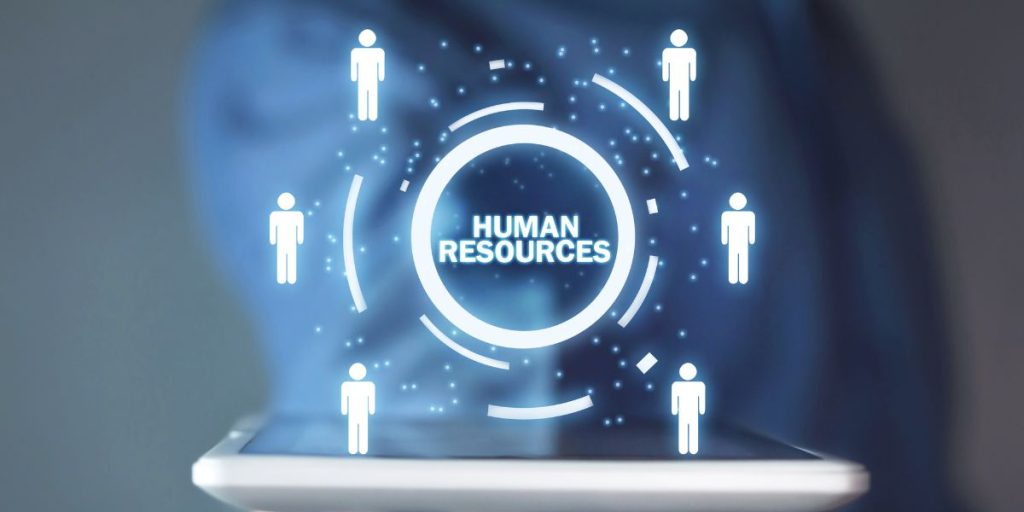
1. Leading Digital Transformation
Generative AI in the workforce extends beyond just job augmentation and displacement, and includes equipping individuals with the skills necessary to succeed in this dawning era. HR teams need to assist business leaders in balancing the efficiency gains from generative AI in human resource with the human qualities that remain essential for businesses.
For instance, IBM is leveraging its AI to transform their HR and make it more efficient. Their AI tool, Watson, assists in various tasks such as talent acquisition, learning and development, and career advice. Additionally, it is used to predict employee performance, aiding managers in making decisions about promotions and pay rises. This also provided a 96% accuracy rate in anticipating workers who are considering to quit.
Also Read: Upskill in Singapore’s Workforce: Future-Proofing Your Career
2. Enhancing HR Productivity
Generative AI tools, such as ChatGPT, are revolutionizing HR operations by simplifying tasks like recruitment, onboarding, personal development, and everyday administrative duties. By generating content, analyzing data, and creating reports, these various AI tools could potentially enhance productivity by up to 30%.
A prime example to reference is ADP, a human resources management software and services provider that uses AI to automate repetitive tasks such as time tracking, payroll, and benefits administration. Their AI has significantly improved efficiency, reducing payroll processing time by up to 40% and decreasing errors by 33% due to automated time tracking.
Moreover, Generative AI aids service representatives by summarising phone calls, benefiting both the representatives and the clients. This technology does not replace representatives, but rather, it empowers them to work more efficiently and enhance the client experience.
3. Customizing Employee Services
Apart from improving internal operations, Generative AI can develop new tools for employees to enhance their experience. HR chatbots, like the AI-powered HR assistant provided by Leena AI, can effectively reduces the workload on HR teams via:
- Recruitment efforts
- Assist with onboarding
- Resolve common employee enquiries.
Hilton Hotels implemented LeapIn AI in their recruitment process. This enabled them to fill positions in just 7 days, leading to a 50% reduction in turnover.
Generative AI also allows HR teams to offer intuitive and tailored self-service applications. Advanced AI chatbots can understand context and content, making them more effective than basic models.
Furthermore, Generative AI can facilitate personalised employee services. HR “co-pilots” can guide employees on career development, learning opportunities, personal goals reminders, and even identify when an employee might need stress relief or additional support. It can also aid in creating custom learning and development plans for each employee.
4. Aiding with Payroll Reporting and Processing
Xero employs AI to streamline its payroll processes. The system can project up to 90 days into the future, offer predictive insights, and help detect any potential payroll errors before they happen. This not only saves time but also minimizes the risk of mistakes.
Is AI Going to Replace HR? HR’s Crucial Role in Leading AI Adoption
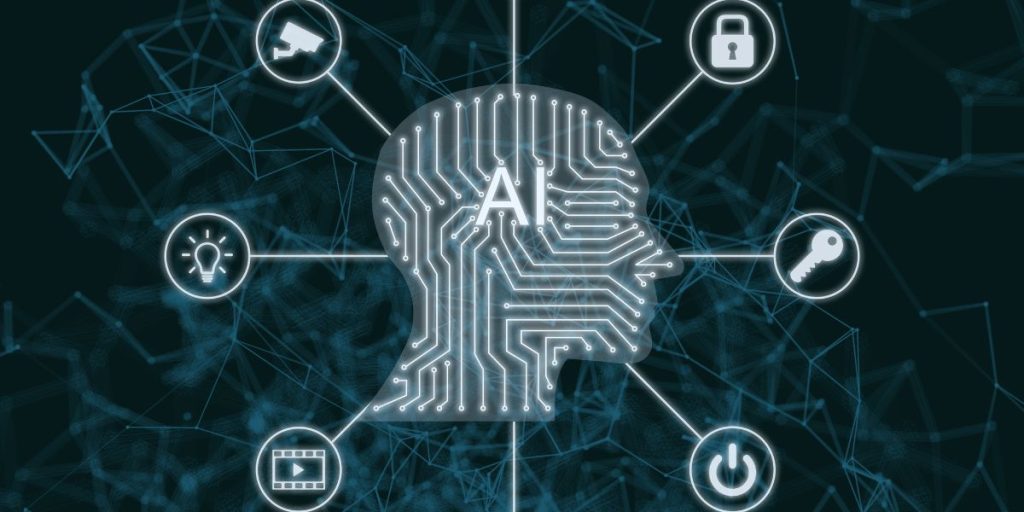
As businesses increasingly embark on digital transformation journeys, HR’s role in leading the adoption of Artificial Intelligence (AI), including its advanced form, Generative AI, is becoming vital. HR departments have the opportunity to showcase AI’s transformative potential, yet this transition is not without challenges.
1. Planning for Workforce Impact
HR leaders need to plan for the workforce impact meticulously, taking into account how AI will affect jobs and the necessary skills for future business success. HR can play a significant role in guiding people through these changes, ensuring that the human aspect remains central in the organization.
2. The Importance of Empathy
Empathy is crucial during this transition. Given that change can be intimidating, HR leaders should lead with compassion and understanding. HR needs to be mindful of how the introduction of AI will be perceived and received by the employees.
It’s essential to communicate effectively about the changes AI will bring to the organization and the benefits it offers. Transparency and open dialogue can help to alleviate any potential concerns or anxieties. It’s also important to highlight the areas where AI can’t replace human input.
Also Read: Mental Health in the Workplace: Factors, Impact & How to Improve
3. Embracing New Tools
Adopting new tools is part of this journey. HR can learn from other organizations that have successfully implemented generative AI and identify their own use cases. A balanced approach is recommended, involving strategic deployments of generative AI, along with quick-win projects that can help build knowledge and enthusiasm.
4. Addressing Concerns and Ethical Considerations
Concerns about AI adoption are widespread. Kevin Fitzgerald, Managing Director Asia at Employment Hero, suggests that HR leaders need to address these concerns. Prioritizing workforce education is crucial for ethical AI use.
Concerns about AI adoption in HR primarily revolve around:
- Ethical use of AI, ensuring fairness and absence of bias, triggers concerns in 65% of AI adoption cases.
- Employee privacy, particularly the handling and protection of sensitive data by AI tools, is a concern for 37% of cases.
- Trust in the accurate task performance of AI systems is a concern for 26% of cases.
- AI governance, meaning the management and supervision of these systems, raises concerns in another 26% of cases.
- Notably, 73% of HR professionals think that the rapid progress in AI development should be slowed down.
5. Keeping the Human in Human Resources
While AI can augment businesses in various ways, it is not a replacement for humans. Instead, it enhances the quality and scope of human capabilities. Human interaction remains critical in several aspects:
- Empathy and understanding are irreplaceable in customer service or HR. Whilst AI can handle routine queries, human touch is vital for complex or emotionally-charged situations, including conflict in the workplace.
- Humans excel in creativity and innovation. Whilst AI can generate ideas based on existing data, humans can think outside the box and envision new concepts.
- Ethical considerations require human oversight. AI functions based on its programming and doesn’t possess moral judgement. Humans should be involved in decisions with ethical implications to ensure responsible and ethical use of AI systems.
Despite AI streamlining administrative tasks, HR personnel remain essential. AI lacks the human elements like empathy and understanding needed in complex situations. Creativity, innovation, and ethical supervision, strengths of humans, are irreplaceable. Hence, AI in human resource can augment but not replace human capabilities in HR.
The Best AI Resource for HR and Business Transformation In Singapore
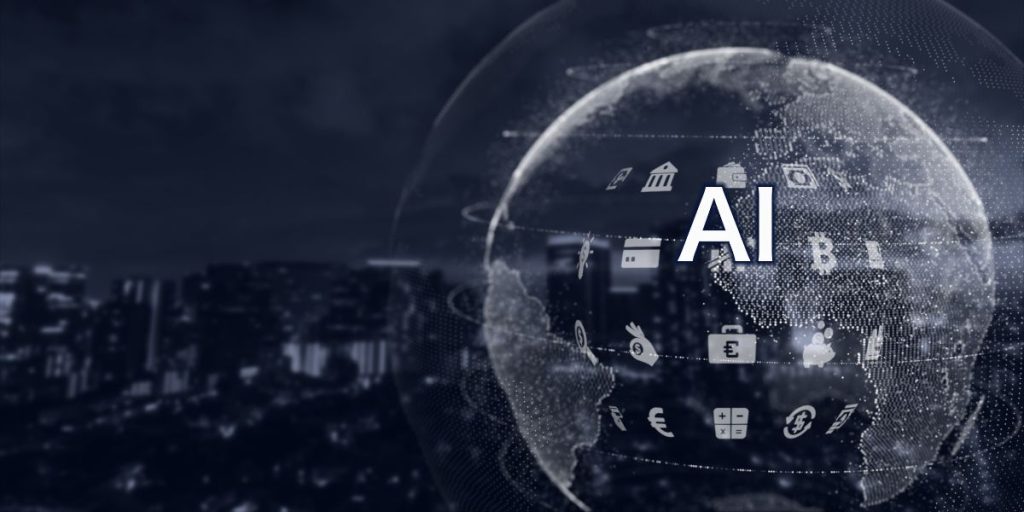
SGTech has unveiled the ‘Generative AI for the Tech Workforce,’ a guide geared towards fostering digital transformation for companies. As a Skills Development Partner, SGTech is entrusted with outlining job roles and skill prerequisites across both tech and non-tech sectors to cater to the changing GenAI landscape.
This resource is particularly beneficial for small and medium-sized enterprises (SMEs) looking to employ Generative Artificial Intelligence (GenAI) solutions and train their staff accordingly. Co-developed by SkillsFuture Singapore (SSG) and AI Singapore (AISG), we hope business owners are well equipped t:
- harness GenAI to enhance business efficiency
- launch new products and services
The guide also incorporates three GenAI business solution use cases, a tech talent profile, an overview of necessary GenAI skills for employees, and resources to aid business owners in implementing GenAI in their businesses and workforce. It serves as a practical handbook for both businesses and individuals navigating this evolving landscape.
Wrapping Up
In conclusion, the adoption of generative AI in human resource processes can transform the corporate world, offering substantial gains in productivity, employee services, and digital transformation leadership. However, it comes with challenges, including the potential impact on jobs and the need for workforce education on ethical AI use.
HR departments need to spearhead the integration of AI in human resource functions, investing in continuous learning programmes for AI literacy. This ensures employees’ confidence to work alongside AI and maintains the crucial human elements in management. Resources like SGTech’s guide can aid businesses to effectively utilise generative AI in human resource for enhancing efficiency and exploring new opportunities. Additionally, recruitment companies in Singapore are also starting to leverage these AI advancements to streamline their processes and provide better services to their clients.
